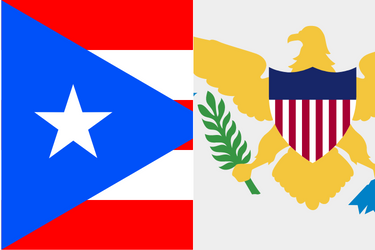
The Census Bureau has decided to forego eliminating the EEI requirements for Puerto Rico and the U.S. Virgin Islands. They stated that no alternative data source could be found to replace the information that would have no longer been submitted by exporters.
What Some Commenters Had to Say
Those backing the requirement told Census that the EEI information “yields high quality data” that “provides insight on policy decisions, GDP estimates, business development and marketing, economic recovery, research and academia as well as historical data and methodology” that is “critical in measuring economic growth” for the territories. Without the data and “high-quality GDP statistics,” Census added, it will be “difficult for policy makers to gauge the impact” of vital funding, including hurricane recovery efforts, on the Puerto Rican economy. The data also enables “these territories to rebuild their economies and accurately measure, project, and plan economic development.”
One commenter told Census that the elimination of the EEI requirements could hurt U.S. trade enforcement. The commenter voiced concern that they would “lose visibility” into shipments to Puerto Rico and the U.S. Virgin Islands of items subject to the Export Administration Regulations (EAR), which could be illegally diverted from the territories to foreign countries.
Several commenters identified alternative methods for collecting export statistics data. One stated that Puerto Rico is a part of the same U.S. Customs system and should use the same data collection methods as the other 50 states. Other commenters suggested that EEI is viable through data that already exists from multiple sources.
Future Consideration
Census has suggested that it may reconsider eliminating the EEI requirements in the future. “Both the Census Bureau and BEA are open to considering proposed alternative data sources,” the agency said, “which will be evaluated, tested, and verified to determine whether the data meets the statistical objectives of the current EEI.”


